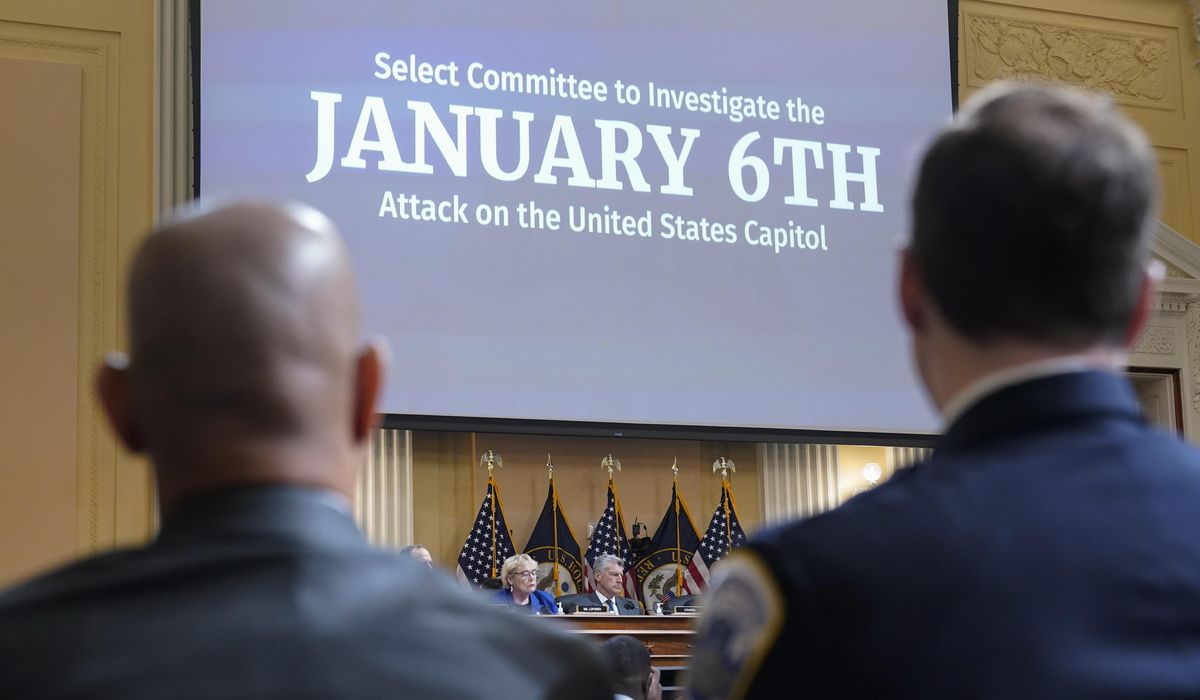


President Trump has launched a significant legal challenge to his predecessor’s actions, declaring pardons related to the Jan. 6 investigation “invalid” and questioning the legitimacy of documents signed by autopen. Here’s what you need to know about this unprecedented constitutional controversy:
The pardon challenge
Trump has taken aim at specific presidential clemency actions:
The autopen issue
Questions about mechanical signatures raise broader concerns:
The legal landscape
The controversy enters uncharted constitutional territory:
The affected individuals
Specific pardons and documents face uncertainty:
The political dimensions
The controversy reflects broader power dynamics:
Expert opinions
Legal scholars offer varied perspectives:
What happens next
Several key developments are anticipated:
The unprecedented questioning of a former president’s pardons and signing methods represents a significant test of constitutional powers and limitations that could reshape understanding of presidential authority.
Read more:
• Donald Trump says Joe Biden’s Jan. 6 committee pardons invalid
• Trump wonders about validity of Biden documents signed by autopen
• Joe Biden’s use of autopen on official documents raises questions from critics
This article is written with the assistance of generative artificial intelligence based solely on Washington Times original reporting and wire services. For more information, please read our AI policy or contact Ann Wog, Managing Editor for Digital, at awog@washingtontimes.com
The Washington Times AI Ethics Newsroom Committee can be reached at aispotlight@washingtontimes.com.
